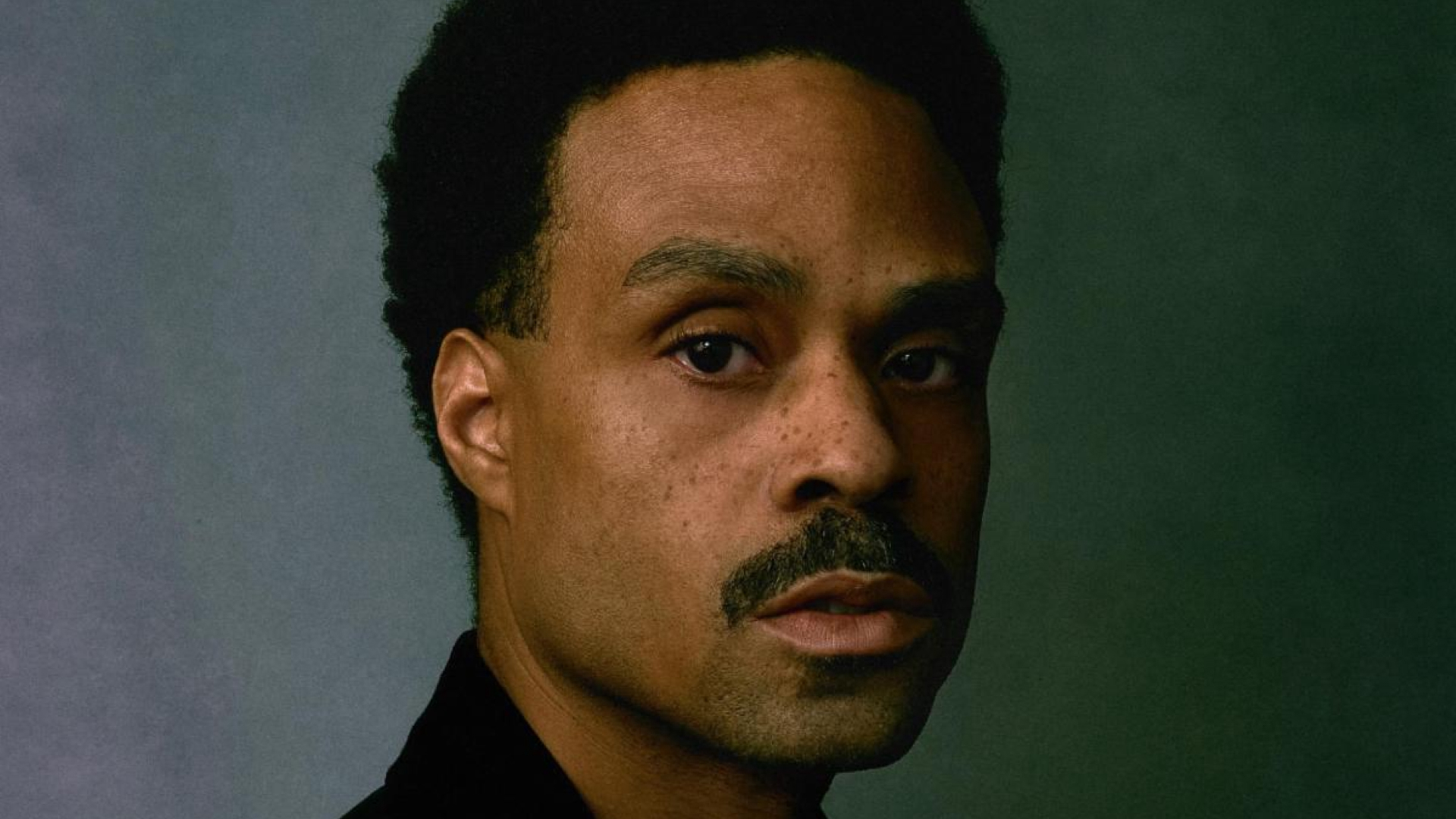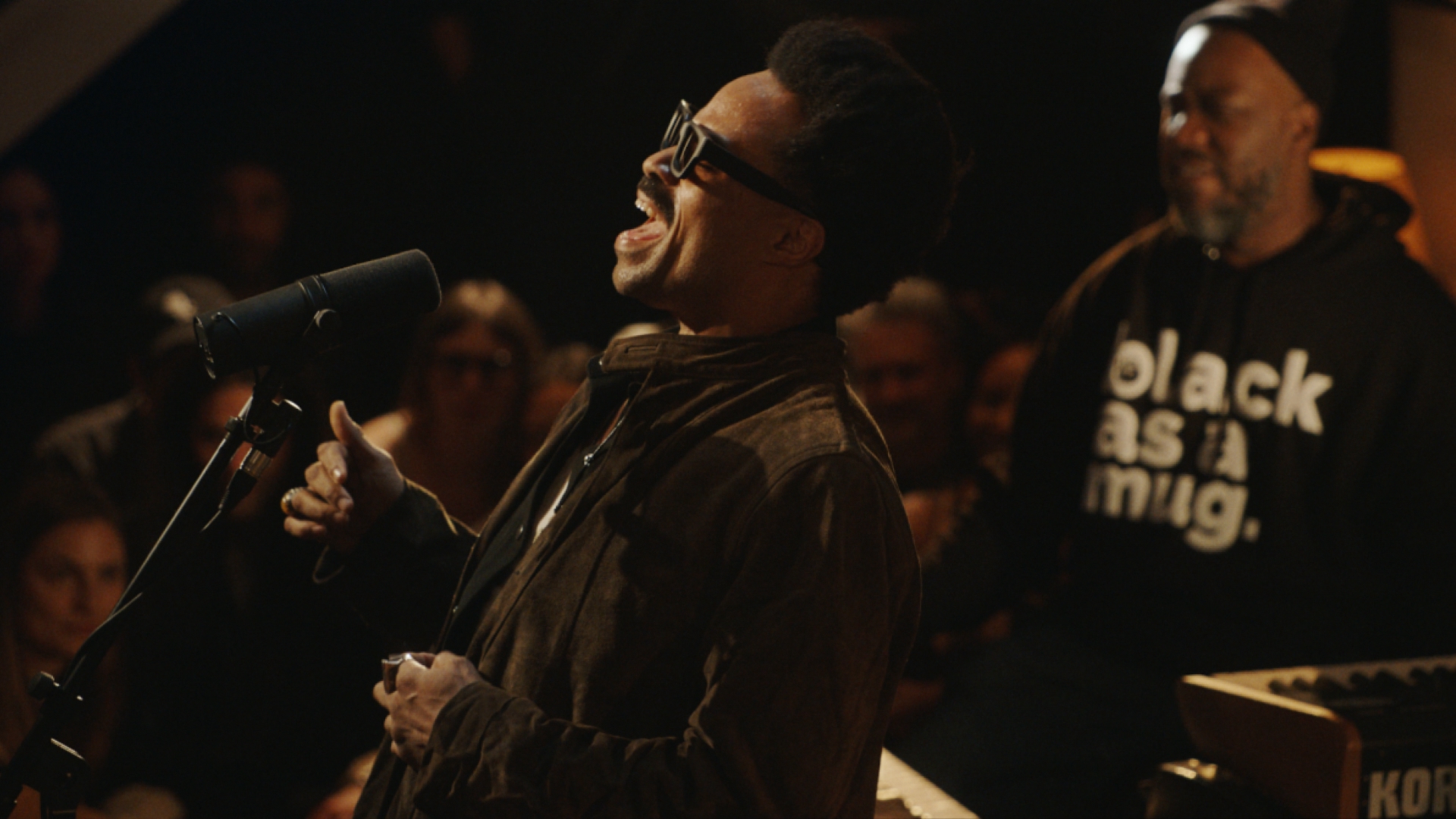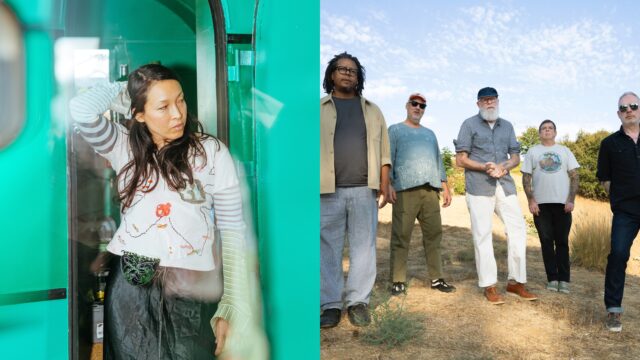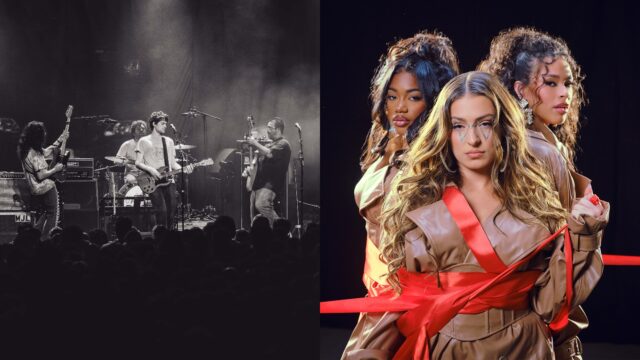How to Make a Live Album
With a new document of his onstage world out now, neo soul vocalist Bilal considers what goes into making an LP in front of an audience.
by Brad Farberman
Midway through “Something to Hold,” the opening track off Bilal’s new album, Live at Glasshaus, the neo soul singer dips into lyrics from the 1972 Bobby Womack classic “Woman’s Gotta Have It.” At the end of “Soul Sista,” his breakthrough single from 2000, he throws in a line from the Impressions’ 1964 hit “Keep On Pushing.” And during “Humility,” he takes the band — keyboardist Robert Glasper, bassist Burniss Travis and drummer Ahmir “Questlove” Thompson — on a detour through the Isley Brothers’ 1983 gem “Between the Sheets.” Bilal likens these moments to “inside jokes” — he knows his bandmates will recognize the nods and respond — but the tributes register more as reminders than any laughing matter. He is coming directly from these artists, and is an heir to their music.
He has demonstrated this for a quarter century, on albums like 1st Born Second, Airtight’s Revenge and the never-officially released Love for Sale, but nowhere is it more evident than on Live at Glasshaus, out on the Glasshaus Presents label. A retrospective LP, it pulls from each of those projects, even bringing out Common to reprise his verse on the Dilla-produced “Reminisce.” (The rapper’s “Funky for You,” co-written by Bilal, also appears on Glasshaus.) Live, these songs expand and loosen, finding new ways to breathe, phrase and float. Bilal credits the changes in the music both to the long relationships between the musicians — they’ve worked on each other’s albums as far back as Common’s Like Water for Chocolate in 2000, Bilal’s 1st Born Second in 2001 and Glasper’s Mood in 2004 — and to the stripped-down instrumentation.
“You get the raw conversations, you know?,” explains Bilal. “Us just going for shit. For me, some of it works, some of it don’t. I’m forgetting words. Shit is stretching out ’cause I’m just hearing things being played the way I’m not used to hearing it. One, because it’s being played just from a trio setting, which is a whole ’nother expression of the music — or interpretation — than what I’m used to playing when I’m playing with my own band.”
When thinking about his own favorite live albums — he mentions Miles Davis’ Miles at the Fillmore box set and Marvin Gaye’s Live! — the singer also meditates on the connections you can make with your bandmates when you’re sharing the stage every night. The art you can make when you reach the subconscious together.
“I think they just go into a place where nobody’s thinking anymore,” reflects Bilal. “It goes into that kind of autopilot thing where magic can happen. Because nobody is thinking. And in a live experience, not even the sound guys are thinking anymore, ’cause they got their shit locked in all the way. So everybody’s just in there.”

Taking inspiration from his mother’s concertgoing stories — she remembers seeing the Mothership land at a P-Funk show in the ’70s — Bilal performs with care and intention. In addition to singing, he’s inhabiting a role, and crafting a larger narrative.
“You want to tell a story,” he says. “It should be drama. Where it’s dramatic. I love all of my stuff to be like [laughs] I think I’m playing a part. So of course, I think all of the best ones are like that. I take so much pride into my live shows because I can remember, as a kid, my mom telling me about all of the shows that she went to. Once I became an artist, I was like, ‘Oh man, I want cats to be leaving my concerts telling their kids about my shit.’”
Despite the reflective feel of Glasshaus, the album comes with a glimpse into the future. A brand new song, “Humility,” places an ethereal, swaying moment in the penultimate slot on the LP. Bilal composes “from a jazz approach,” citing Wayne Shorter as an influence. And he likes to leave things open, so there’s always the option to try an untested route.
“All of them are written in a simplified way that every night we play ’em, every time we present ’em, there is an option to do it completely different if we want,” he explains. “’Cause it’s bare bones. Like a Beatles song or something.”



